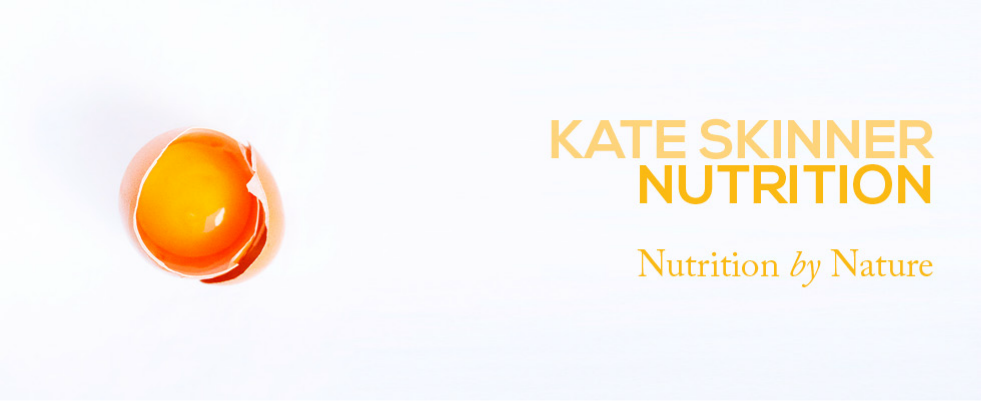Firstly, salt is part sodium, part chloride, elements which both have important roles in the body. Sodium is essential for maintaining blood volume that is required for adequate nourishment and oxygenation of all cells and tissues. We need sodium for proper cardiovascular health and nervous system function. Chloride is necessary for the formation of hydrochloric acid in the stomach, for proper digestive ability and destruction of food-borne pathogens.
Whilst sodium restriction is regularly prescribed even to non-hypertensive individuals, what’s not commonly known is that low-salt diets can have plenty of detrimental effects. A low sodium status encourages higher plasma levels of renin, aldosterone and angiotensin (which actually raise blood pressure), can increase cholesterol and triglycerides, contribute to insulin resistance, type II diabetes, vascular stiffness and atherosclerosis – it’s a little ironic that low-salt diets are suggested in the interest of preserving cardiovascular health.
“Premenstrual water retention is a common problem, and physicians commonly offer the same advice to cycling women that was offered as a standard treatment for pregnant women–the avoidance of salt, sometimes with a diuretic. But when women premenstrually increase their salt intake according to their craving, the water retention can be prevented.” Ray Peat PhD
Where salt may also be beneficial is in times of stress. Salt restriction actually causes an increase in stress hormones adrenalin and cortisol, which is why a low-salt diet can cause trouble sleeping. Dietary salt lowers the pituitary stress response, reduces cortisol and adrenalin and helps to stabilize blood sugar.
“Sodium stimulates energy metabolism, increases carbon dioxide production, and protects against inflammation and other maladaptive stress reactions.” Ray Peat PhD
New findings actually demonstrate beneficial sodium intake to be much higher than suggested by dietary guidelines: around 4.0-5.9g per day (rather than the recommended 0.9-2.3g per day). This equates to around 10-13g of actual salt (sodium chloride), or about 2 tsp. Except in the case of severe kidney disease, the majority of people can probably allow their natural appetite for salt dictate their dietary intake. If you’re having legitimate salt cravings, odds are you are drawn to salt for a good physiological reason.
From personal experience, I used to have an extremely hard time staying hydrated. I was constantly thirsty, would sip on water all day, but most of it would go straight through me (ie constant peeing). After adding a little extra salt into my diet, I have no trouble staying hydrated even though my water intake* has been cut in half (at least).
*(PS the ‘8 glasses of water a day’ recommendation isn’t based on much actual evidence either, and may in fact be too high an intake for the average person – see here and here for more).
References
Alderman MH, et al. Dietary sodium intake and mortality: the National Health and Nutrition Examination Survey (NHANES I). Lancet. 1998 Mar 14;351(9105):781-5.
Alderman MH, et al. Low urinary sodium is associated with greater risk of myocardial infarction in treated hypertensive men. Hypertension. 1995, 25:114-1152.
Catanozi S, et al. Dietary sodium chloride restriction enhances aortic wall lipid storage and raises plasma lipid concentration in LDL receptor knockout mice. J Lipid Res. 002 Apr;44(4):727-32.
Cohen HW, et al. Sodium intake and mortality in the NHANES II follow-up study. Am J Clin Nutr. 2006 Mar;119(3):275.e7-14.
Cohen HW, et al. Sodium intake and mortality follow-up in the Third National Health and Nutrition Examination Survey (NHANES III). J Gen Intern Med. 2008 Sep;23(9):1297-302.
Esslinger KA, Jones PJ. Dietary sodium intake and mortality. Nutr Rev. 1998 Oct;56(10):311-3.
Garg R, et al. Low-salt diet increases insulin resistance in healthy subjects. Metabolism. 2001 Jul;60(7):965-8.
Garg R, Adler GK. Rose of mineralocorticoid receptor in insulin resistance. Curr Opin Endocrinol Diabetes Obes. 2012 Jun;19(3):168-75.
Kresser C. Shaking up the salt myth. 2012. http://chriskresser.com/shaking-up-the-salt-myth
McCarron DA. DASH-sodium trial: where are the data? Am J Hypertension. 2003 Jan;15(1):92-4.
Peat R. Salt, energy, metabolism. 2007. http://raypeat.com/articles/articles/salt.shtml
Prada PO, et al. Low salt intake modulates insulin signaling, JNK activity and IRS-1ser307 phosphorylation in rat tissues. J Endocrinol. 2005 Jun;185(3):429-37.
Ruppert M, et al. Short-tern dietary sodium restriction increases serum lipids and insulin and salt-sensitive and salt-resistant normotensive adults. Klin Wochenschr. 1991;69 Supply 25:51-7.
Sowers JR, et al. Narrative review: the emerging clinical implications of the role of aldosterone in the metabolic syndrome and resistant hypertension. Ann Intern Med. 2009 Jun 2;150(11):776-83.
Whipp GT, et al. Reguation of aldosterone in the guinea-pig-effect of oestrus cycle, pregnancy and sodium status. Aust J Exp Biol Med Sci. 1976 Feb;54(1):71-8.

